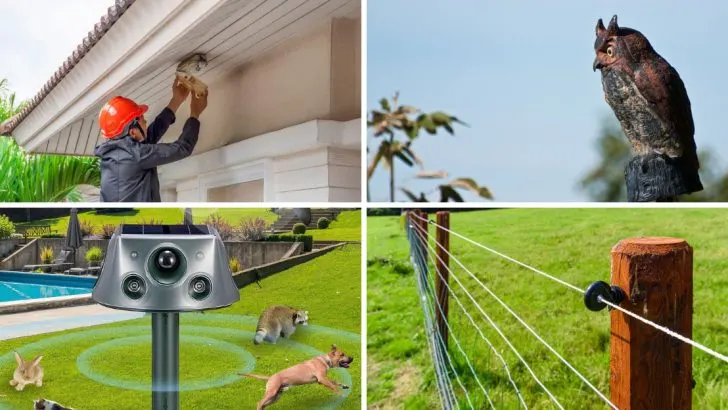Keeping your garden and flock safe from predators is an ongoing challenge, but it’s one worth tackling. From curious raccoons to sneaky birds of prey, the threats to your plants and animals can come from all directions. Protecting your garden and flock doesn’t need to be complicated, though. There are plenty of simple and effective strategies you can put in place to keep unwanted visitors at bay.
In this guide, we’ll walk through 15 straightforward ways to safeguard your garden and animals from predators. These practical tips will help you create a secure environment without breaking the bank or spending hours on maintenance. From physical barriers to clever tricks, you’ll have everything you need to protect your hard work and your flock with minimal fuss.
Install Motion-Activated Lights
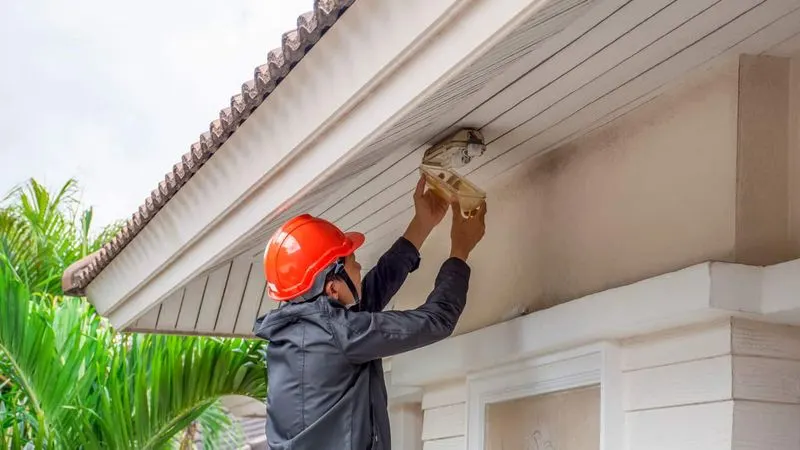
Imagine a serene garden illuminated by soft lights that spring to life with any movement. Motion-activated lights are a great deterrent for nocturnal predators such as raccoons and foxes.
These clever lights expose any intruding creature, making them think twice about returning.
Adding a few around your garden or chicken coop can create a boundary that protects your beloved plants and animals from unwanted visits. Even the most persistent predators will hesitate to cross into a well-lit area, giving you peace of mind and a safer environment for your garden and flock.
Use Predator-Repellent Plants

Welcome to the world of predator-repellent plants! Certain plants like marigolds and lavender not only beautify your garden but also act as natural deterrents against pests and predators.
The strong scent of these plants can drive away unwanted visitors, keeping your garden safe.
Planting these around your garden’s perimeter can create a fragrant barrier that both you and your garden will enjoy. The vibrant colors and pleasant aromas are just added bonuses to their protective qualities, providing a natural and effective method to deter those pesky invaders.
Build a Sturdy Fence
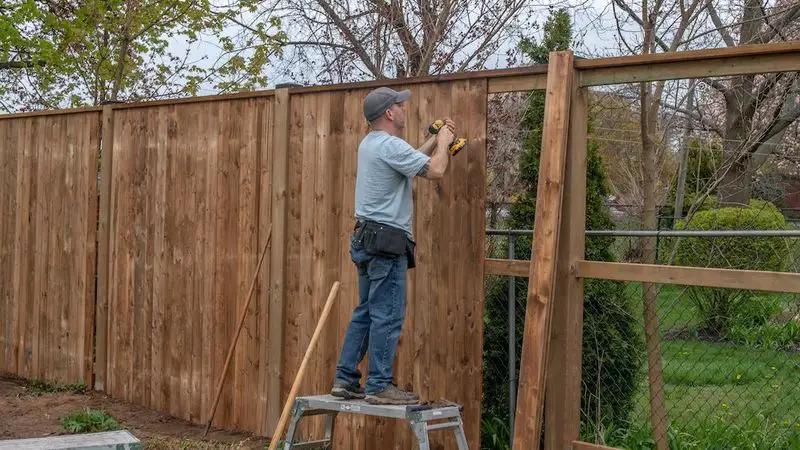
A solid fence is like a suit of armor for your garden and flock. Building a sturdy fence not only keeps predators out but gives you a sense of security.
Ensure the fence is tall enough to block agile jumpers like foxes and buried deep enough to stop diggers like raccoons.
Using materials that withstand weather and wear adds to the longevity, making it an investment worth every penny. The combination of height and depth creates a formidable barrier against curious creatures, ensuring your plants and animals remain protected.
Employ Guard Animals

Guard animals like dogs and llamas can be your garden’s best friends. With instincts to protect and a keen sense of awareness, they act as vigilant sentinels, deterring predators with their presence alone.
A well-trained guard dog can patrol your property, keeping foxes and raccoons at bay.
Llamas, on the other hand, are excellent at protecting flocks, using their size and strength to ward off intruders. Having these loyal companions on your side provides an additional layer of protection and peace for your garden and flock.
Install Owl Decoys
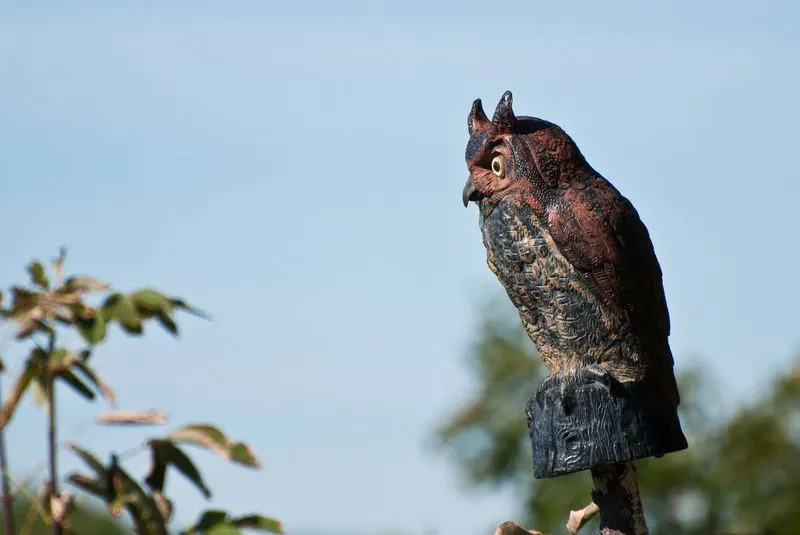
Owls are natural predators, and their presence can be incredibly intimidating to smaller critters. By placing realistic owl decoys around your garden and flock, you can create the illusion of a watchful predator.
These decoys can deter rodents, birds, and other small animals, preventing them from venturing too close. The key is to move them regularly to maintain the illusion of life.
This simple yet effective method adds an extra layer of defense, ensuring that your garden remains a safe haven for your plants and animals.
Use Ultrasonic Repellers

Silently effective, ultrasonic repellers send out high-frequency sounds that are unbearable to many predators. These small devices can cover a wide area, making them perfect for gardens and coops.
Though inaudible to humans, the sound waves deter creatures like foxes and raccoons from coming any closer. Place them strategically around your property, and you’ll find that your garden and flock are left alone by those pesky intruders.
It’s a high-tech solution that requires minimal effort for maximum protection.
Create a Secure Coop
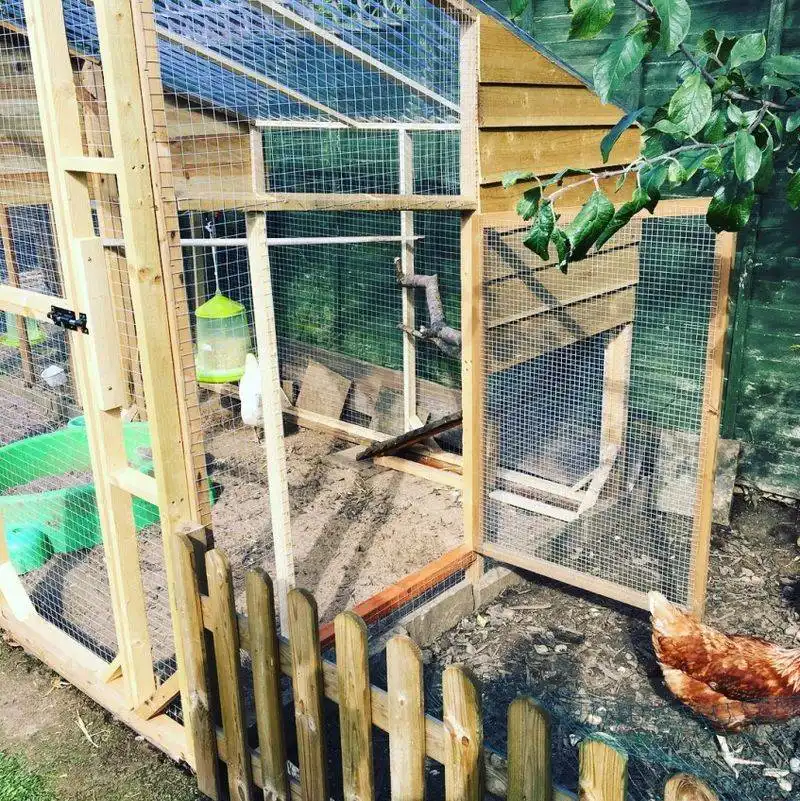
A fortified coop is essential for keeping your flock safe from predators. Using sturdy materials and secure locks can make all the difference in preventing break-ins by determined animals like raccoons and foxes.
Consider installing wire mesh around vulnerable areas to add an extra layer of security. Proper ventilation combined with robust construction ensures that your chickens are safe and comfortable.
This protective measure ensures that they can roost peacefully, knowing they are shielded from harm.
Set Up Trail Cameras
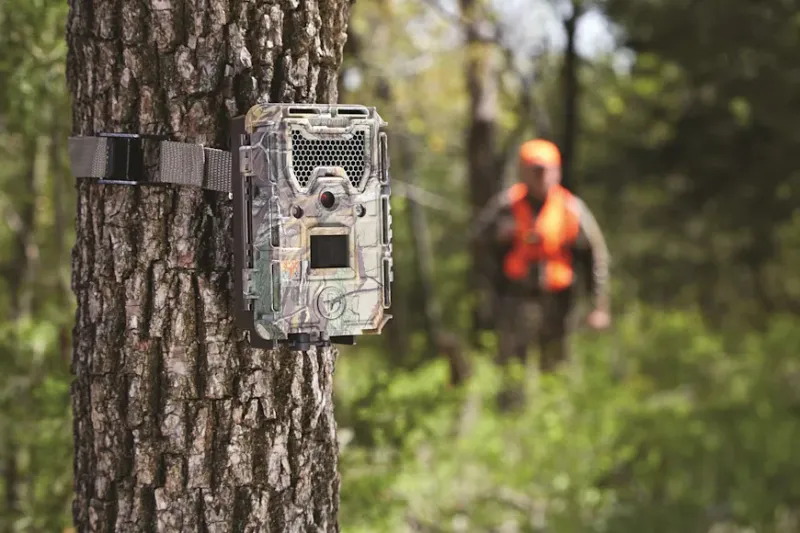
Trail cameras are an invaluable tool for monitoring predator activity around your garden and flock. By capturing images and videos of intruders, you can identify potential threats and take action accordingly.
These cameras offer a glimpse into the nocturnal activities of wildlife, allowing you to strategize your defenses. Whether it’s a curious raccoon or a sneaky fox, knowing what you’re up against makes all the difference.
This insight helps you make informed decisions about enhancing your garden’s security.
Install Electric Fencing
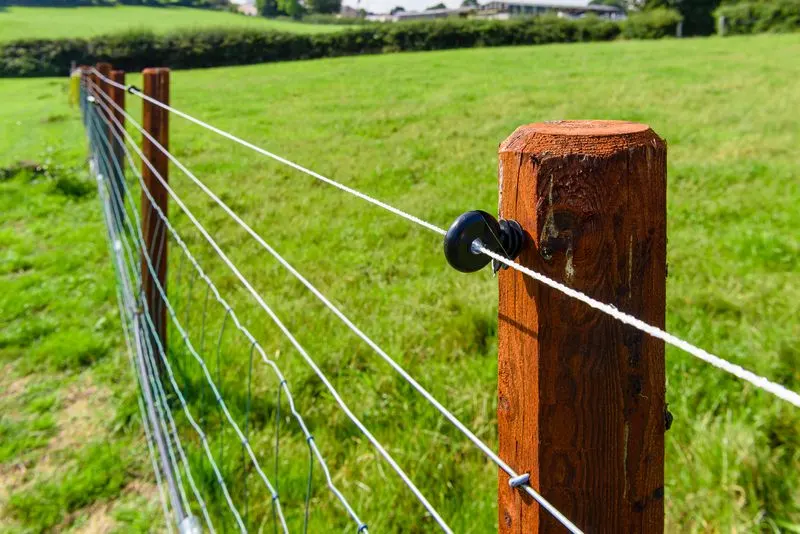
Electric fencing is a modern solution for keeping predators at bay. Providing a mild shock to any intruder that attempts to breach the boundary, this fencing creates an effective deterrent.
Ideal for larger gardens and farms, electric fences offer a balance of power and safety, ensuring that your plants and animals are protected without causing harm to wildlife. It’s a proactive choice that delivers peace of mind, knowing that your garden and flock have a robust defense against unwanted visitors.
Implement Noisemakers

Noisemakers can be an unexpected ally in deterring predators from your garden and flock. Wind chimes, clappers, and other sound devices can startle animals, making them think twice about sticking around.
The sudden, unfamiliar noise can be enough to send them scurrying away, ensuring that your garden remains undisturbed. Placing these strategically around your property can create an acoustic barrier, offering an innovative solution to keeping those pesky intruders at bay.
Use Natural Scent Repellents

Natural scent repellents like peppermint and citronella can be highly effective in keeping predators away. These scents, pleasant to humans, are often overpowering to animals, prompting them to steer clear.
By strategically placing these repellents around your garden and flock, you can create an olfactory barrier that deters unwanted visitors. This eco-friendly approach not only protects your plants and animals but also adds a pleasing aroma to your outdoor space, enhancing the overall environment.
Keep the Area Clean

Maintaining a clean environment around your garden and flock can significantly reduce the attraction for predators. Removing food scraps, fallen fruits, and clutter eliminates the easy meals that draw animals like raccoons and foxes.
Regularly cleaning up these areas helps to lower the chances of unwanted visits. The tidier your surroundings, the less likely predators will see your garden as a buffet.
It’s a simple yet effective way to create a safe haven for your plants and animals.
Employ Reflective Materials

Reflective materials can work wonders in deterring predators by creating visual confusion. Hanging items like CDs or foil strips in your garden reflects sunlight, startling birds and other creatures.
The sudden flashes of light create an unwelcoming environment for intruders, encouraging them to seek food elsewhere. This inexpensive and creative approach adds a playful touch to your garden while serving as a practical deterrent, ensuring your plants and animals remain unbothered.
Set Up Netting or Mesh
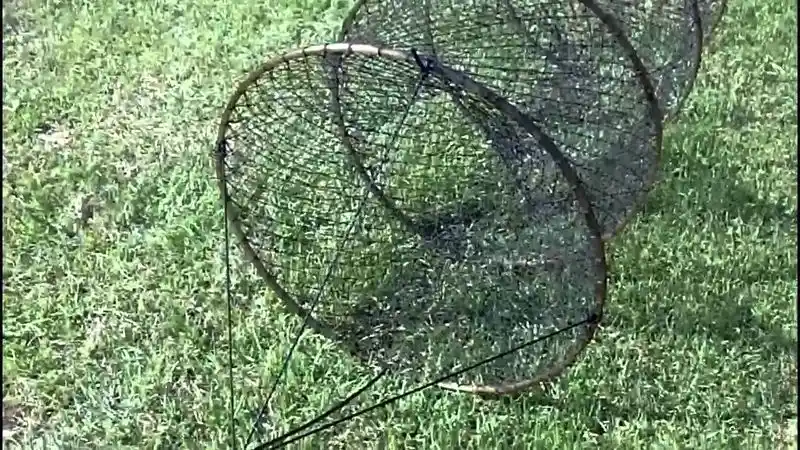
Netting or mesh can provide essential protection for specific areas of your garden, such as vegetable patches or flower beds. By covering these areas, you prevent animals from accessing them, keeping your crops safe from nibbling intruders.
This physical barrier is particularly useful for deterring birds and small mammals, offering peace of mind that your hard work won’t be undone by hungry visitors. It’s an effective measure that ensures your garden remains productive and secure.
Educate the Community

Community involvement can amplify your efforts to keep predators away. By educating neighbors about effective strategies and sharing tips, you create a united front against common threats.
Organizing workshops or community meetings fosters collaboration and spreads awareness. Together, you can implement broader measures that benefit everyone involved, enhancing the overall safety of gardens and flocks in the neighborhood.
It’s a collective approach that turns individual efforts into a powerful force for protection.

